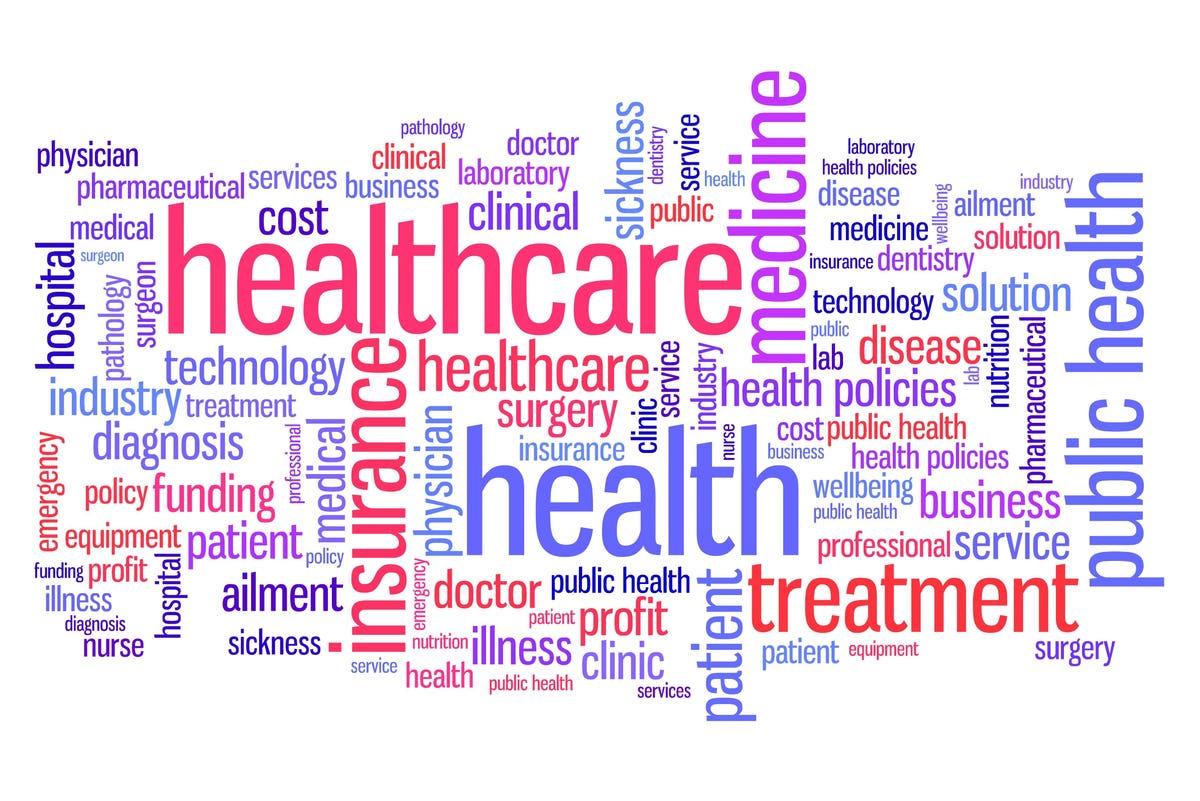All industries have their jargon. Cinematographers lens a new film. A chef fires a dish. Military personnel talk about going AWOL.
But in healthcare, jargon seems a little different.
In healthcare, jargon is often meaningless. It creates a gap between what is said and what is meant.
In many cases even the people who use healthcare jargon have no idea what it means.
And then there are our patients. When I trained as a physician, I was constantly pushed by my clinical teachers to speak about illness and treatment in terms my patients could understand. And yet, we foist upon our patients a complex collection of meaningless terms that create a gulf between what we’re telling them and what they need to know—exactly the opposite of what our goal should be.
In an effort to help end the madness, I present 10 phrases, abbreviations, word fragments and catch-phrases that should be retired right away.
1. Value-based care. This phrase is used so often by so many people to mean so many different things that I truly have no idea what it means anymore. What’s more, I’ve talked to proponents of value based care who have expressed shock and dismay when their loved ones have experienced it (utilization management and narrow clinical networks, after all, are key tools in “value-based care”). Maybe the solution is to end the use of the term and instead speak plainly about our collective goal: improving outcomes at lower cost. Perhaps if we say it over and over again, we’ll start to implement it. Or, maybe, we should talk about values-based care.
2. Population health: In theory, it makes sense to improve health for populations of people. But more often than not this phrase is code for hospital avoidance, site of care shifting and other blunt, sometimes inelegant ways to reduce costs. Doctors, nurses and an array of other highly talented and well-trained people spend their days trying to drive better outcomes among individual patients with individual needs. Let’s give them our support, not phrases obscuring policies that undermine their work.
3 and 4. “Whole person” and “whole health.” As opposed to what, exactly? Half a person or half-health? All health should focus on the individual in their entirety. No need to obfuscate this concept with compound words. I cringe every time someone utters the expression.
5. Anything “-centric.” Do you need to tell people that you’re patient-centric? Or outcome-centric? Only if you’re not. Focus on patients and outcomes and you won’t need phrases to describe what you’re doing.
6. Provider. It may be easy to call everyone who cares for a patient a provider, but it makes all of them interchangeable and, in a subtle way, degrades their professionalism. Nurses, doctors, physicians assistants, radiology technicians and so many more people with specialized training each play a highly specialized part in patient care. Let’s not reduce them all to being the same thing.
7. Consumer. Patients are consumers, we’re told. They’re looking to make cost-effective decisions, which will ultimately help bring about a more functional healthcare market. But of course, they’re not consumers. Anyone who’s spent time in a clinic knows that patients are people, often at the most vulnerable moment of their lives. Patients aren’t looking to shop in these moments. They want the healthcare system to step in and make the right things happen for them. The fact that it happens all too rarely might be due to the fact that we delude ourselves into thinking being a patient is like being a consumer.
8. Social Determinants of Health. Yes, homelessness, food insecurity and the inability to access reliable transportation are all determinants of health. But you know what else they are? Signs of poverty and racism. We’ve created this term—and its accompanying acronym, SDOH—to shroud the epidemic of poverty and inequality with a clinical mask. I suggest we call poverty what it is—because only then can we as a nation address it.
9. No margin, no mission. Seems simple enough. In a phrase usually attributed to Irene Kraus, the nun who led the Daughters of Charity National Health System, it means that healthcare systems can’t survive without funding. But what if the margin is ill-begotten? What if the mission is fundamentally unjust, inadequate, or just wrong? And can it be taken to a distracting extreme? In healthcare organizations, managed care companies and pharmaceutical companies, these questions are inadequately debated and insufficiently challenged. So here’s a quick reminder that margin should be a means to achieve an organization’s mission—not the mission itself. You don’t need a slogan to remember that.
10. Portmanteus or “Blend Words.” This isn’t a specific word or expression but a class of words. Healthcare (and the legions of marketing firms the industry employs) has a seeming endless capacity for building new names and terms by merging two unrelated words to create new ones. Of course these names and expressions confuse and obfuscate. In an industry hungry to build trust with the people it serves—portmanteaus and blend words and names—leave us all feeling confused.
I’ve been guilty of using all of this jargon and occasionally reflex back to it myself. Maybe someone can help we with a referral to a value-based provider (or pay-vider!) who can cure me of this insidious illness.
Read the full article here





